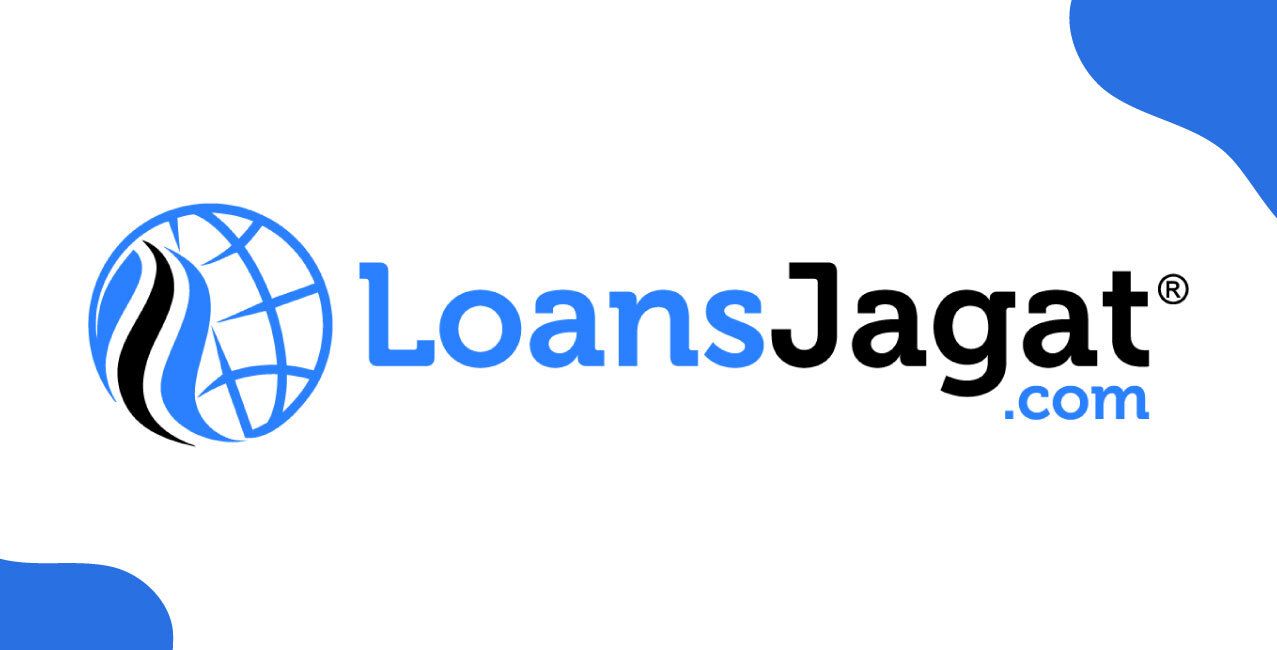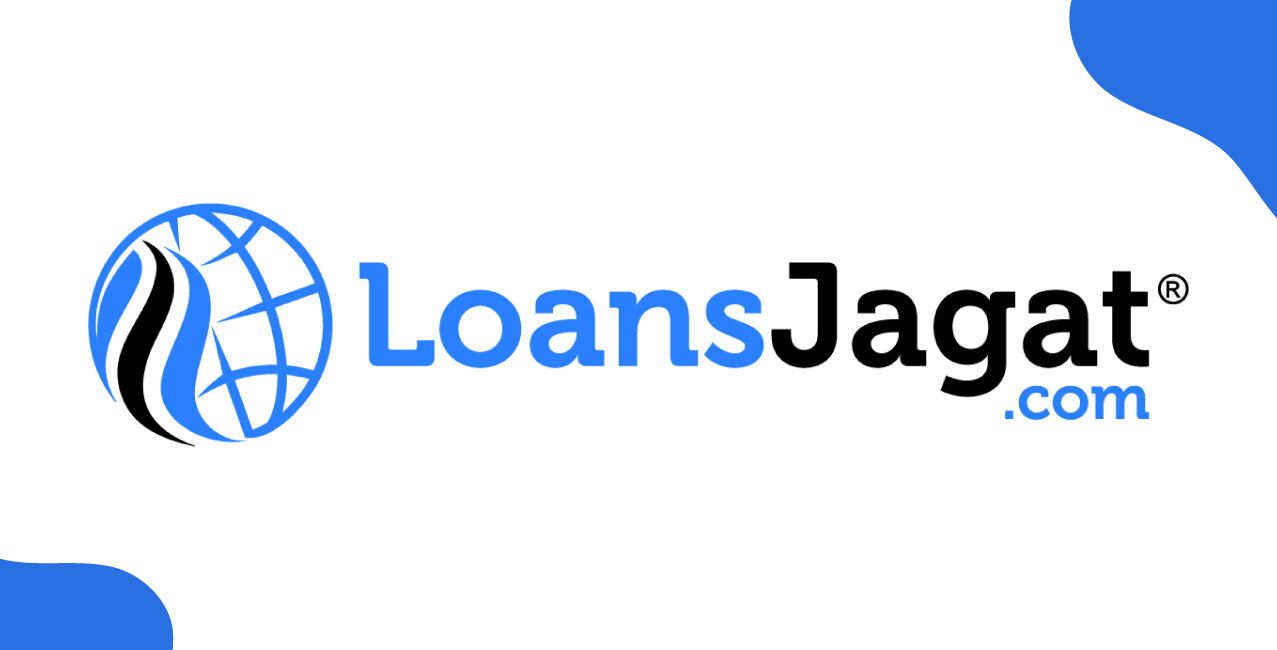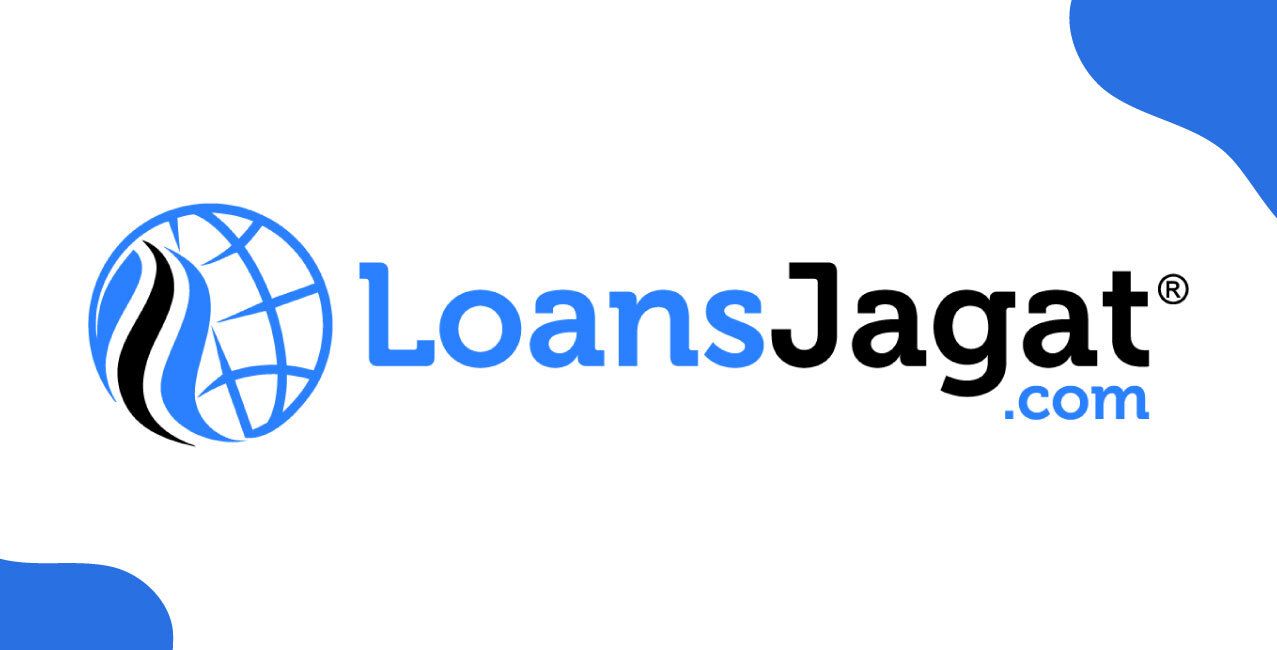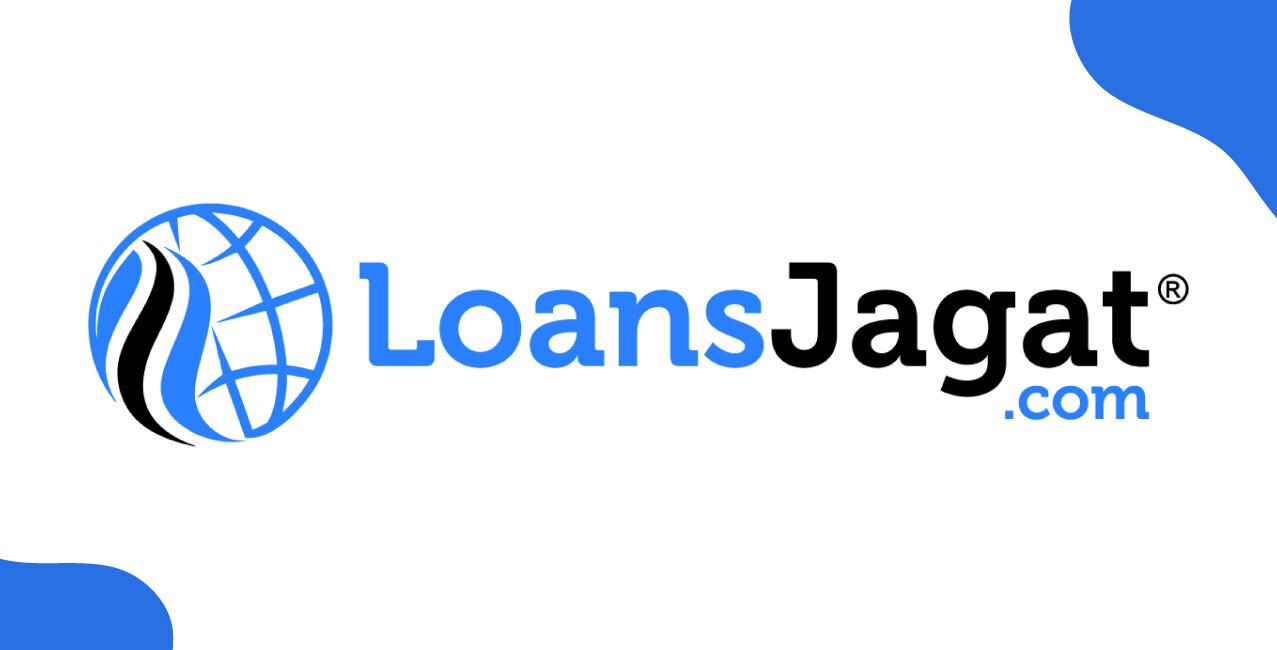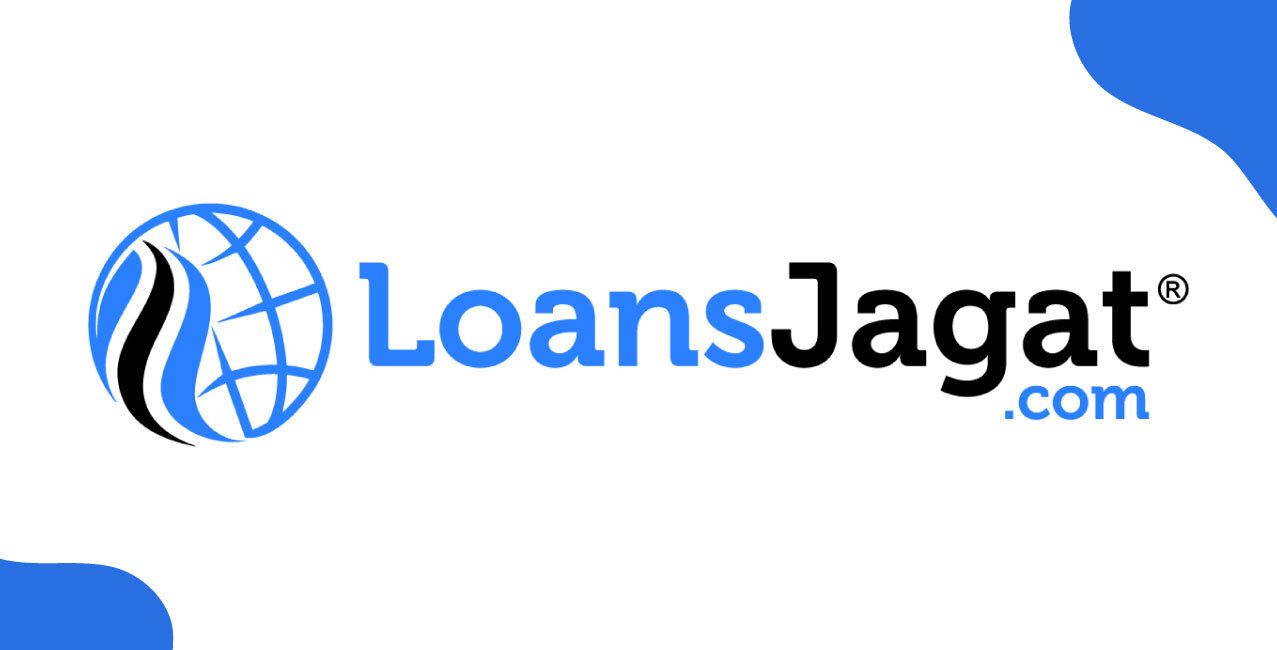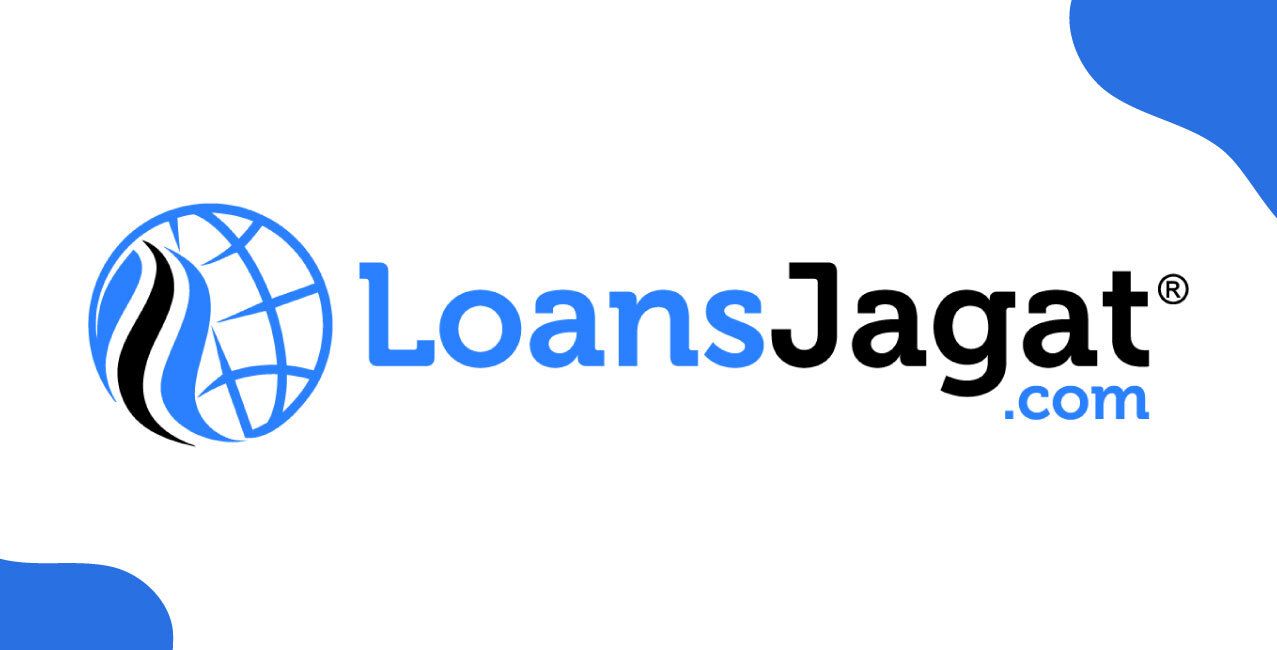PharmEasy Raises Fresh Debt Amid Valuation Challenges and Operational Restructuring
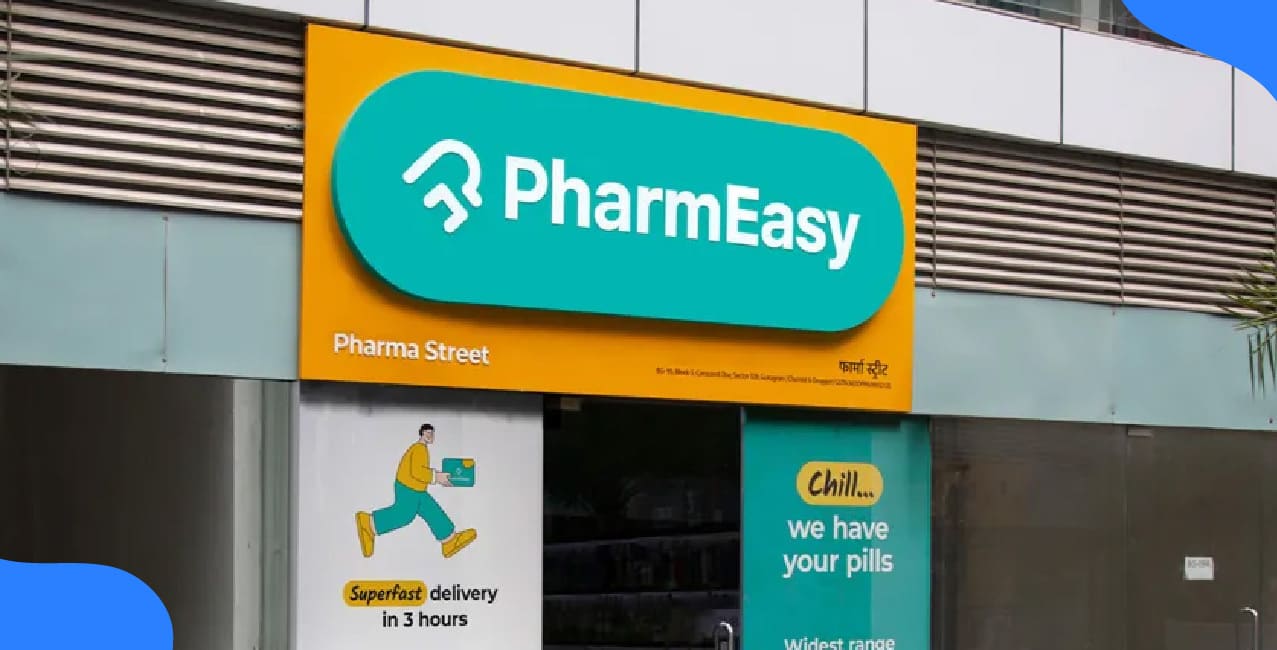
Check Your Loan Eligibility Now
By continuing, you agree to LoansJagat's Credit Report Terms of Use, Terms and Conditions, Privacy Policy, and authorize contact via Call, SMS, Email, or WhatsApp
PharmEasy, a leading Mumbai-based healthtech unicorn, has recently raised a significant debt infusion to manage its prior high-cost borrowings. This development comes after a challenging period marked by valuation cuts, leadership exits, and evolving financial obligations. The company’s strategic financial manoeuvres illustrate the balancing act between aggressive growth ambitions and fiscal prudence in India’s rapidly expanding healthtech sector.
Strategic Debt Infusion to Manage Past Obligations
PharmEasy has secured Rs 1,700 crore ($193 million) in debt funding led by 360 One, with contributions from Alkram Ventures, MVS Ventures, Bennett Coleman, and other investors. This marks the third debt round in four years, highlighting the company’s continued reliance on external borrowing to service previous loans.
The fresh infusion aims primarily to repay a Goldman Sachs loan, initially raised in May 2022 for Rs 2,700 crore at high-interest rates. This loan itself was used to refinance a Rs 2,200 crore Kotak Mahindra Bank loan that PharmEasy had taken to acquire Thyrocare in 2021.
The Goldman Sachs loan included financial covenants related to operational spending, which the company breached in mid-2023. Despite the breach, all payments have been made timely, indicating PharmEasy’s focus on maintaining its creditworthiness.
The debt round involved the issuance of 1,700 non-convertible debentures at Rs 10 lakh each. 360 One contributed Rs 1,231 crore, Micro Labs Limited Rs 210 crore, MVS Ventures Rs 78 crore, while Bennett Coleman and Alkram Ventures invested Rs 50 crore and Rs 42 crore, respectively. Eight additional investors, including Kyrush Investments, Medley Pharmaceuticals, and Mahalaxmi Trust, covered the remaining amount.
This capital manoeuvre reflects PharmEasy’s attempt to stabilise its financial base while navigating the challenges of high leverage in a capital-intensive business model.
Valuation Decline and Capital Strategy
PharmEasy’s fundraising comes after a stark valuation correction. In April 2024, the company raised $216 million at a 90% valuation haircut, bringing its valuation down to $710 million from a peak of $5.6 billion in 2021. This drastic adjustment was necessitated by slowing growth, mounting debt obligations, and market-wide recalibrations of healthtech valuations.
The table above summarises PharmEasy’s major fundraising rounds and associated valuations over the past four years. The data highlights a sharp contraction in market valuation, reflecting the broader volatility and high-risk nature of healthtech investments. Despite this, strategic debt management has allowed the company to continue operations and invest in growth avenues.
Operational Restructuring and Leadership Changes
Since its founding in 2019, PharmEasy has aggressively expanded into pharmaceuticals, diagnostics, and teleconsultation services through its digital platforms. However, the past two years have been tumultuous, with all co-founders exiting and a new leadership structure being implemented. Rahul Guha, MD and CEO of Thyrocare, has taken over as MD and CEO of PharmEasy, signalling a shift towards stabilisation and operational efficiency.
The company reported flat revenues of Rs 5,872 crore in FY25 while reducing losses by 38% to Rs 1,572 crore from Rs 2,533 crore in FY24. This modest improvement in operational metrics is a positive sign, but high debt servicing obligations continue to dominate the financial strategy.
The above table provides an overview of PharmEasy’s financial performance over two consecutive years. The stabilisation of revenue and reduction in losses indicate that operational measures are beginning to bear fruit, even as high-cost borrowing remains a critical factor.
Broader Implications for India’s Healthtech Sector
PharmEasy’s situation reflects a broader trend in the Indian healthtech ecosystem. Companies that scaled aggressively during the boom years are now navigating the consequences of high leverage, valuation corrections, and competitive pressures. Debt-funded expansion can offer short-term liquidity, but managing repayment obligations and operational efficiency is crucial for long-term sustainability.
Moreover, investor sentiment has shifted towards rigorous financial discipline and cautious capital deployment, as demonstrated by the sizeable valuation cuts. This scenario underscores the importance of balancing growth ambitions with realistic financial planning, especially in a sector where operational costs and regulatory compliance are significant.
Conclusion
PharmEasy’s latest debt infusion is a strategic step to manage prior high-cost loans and stabilise operations amid a challenging valuation landscape. While the company has made strides in reducing losses and maintaining revenue, high leverage remains a pressing concern.
Leadership restructuring, careful financial management, and operational improvements will be critical as PharmEasy navigates the evolving Indian healthtech sector. The company’s journey offers valuable lessons for startups on the delicate interplay between aggressive growth, external financing, and operational sustainability.
About the author

LoansJagat Team
Contributor‘Simplify Finance for Everyone.’ This is the common goal of our team, as we try to explain any topic with relatable examples. From personal to business finance, managing EMIs to becoming debt-free, we do extensive research on each and every parameter, so you don’t have to. Scroll up and have a look at what 15+ years of experience in the BFSI sector looks like.
Subscribe Now
Related Blog Post

Home Loan Interest Rates 2025 Deliver Major EMI Relief, Will Borrowers See More Gains In 2026?

Will the Indian Rupee Stabilise in 2026 After a Volatile 2025?
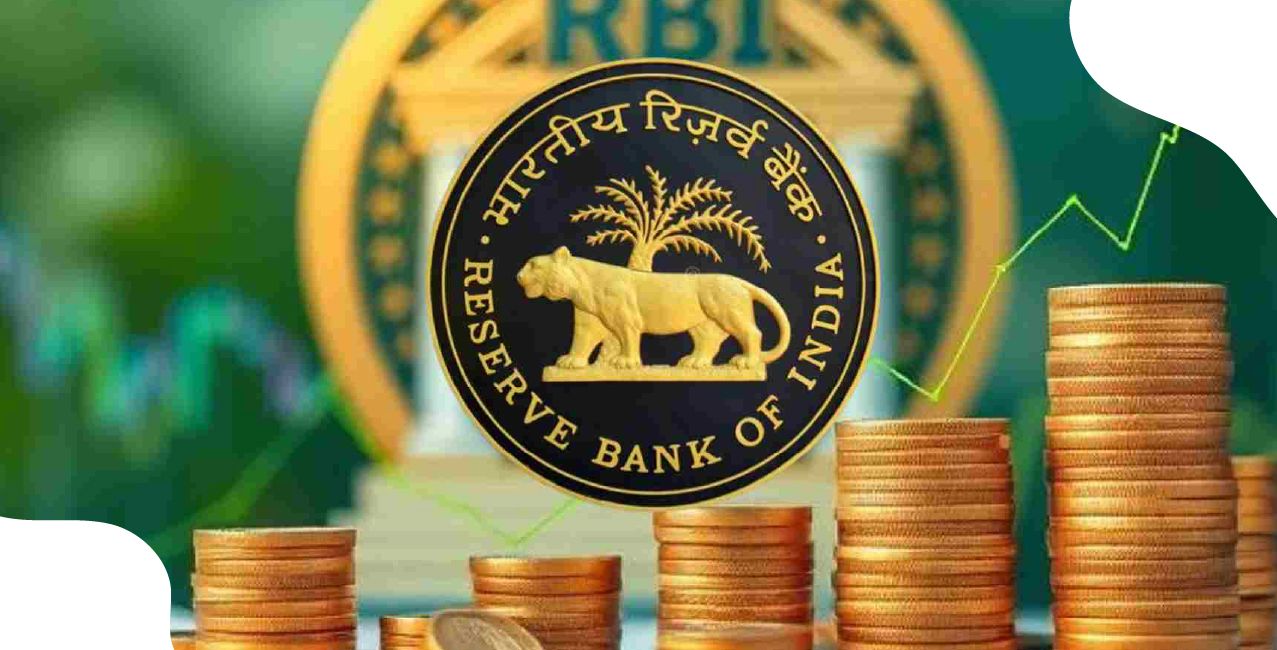
RBI Draft Rules Target Surprise Costs in Overseas Payments
Recent Blogs
All Topics
Contents
Quick Apply Loan
Consolidate your debts into one easy EMI.
Takes less than 2 minutes. No paperwork.
10 Lakhs+
Trusted Customers
2000 Cr+
Loans Disbursed
4.7/5
Google Reviews
20+
Banks & NBFCs Offers
Other services mentioned in this article
